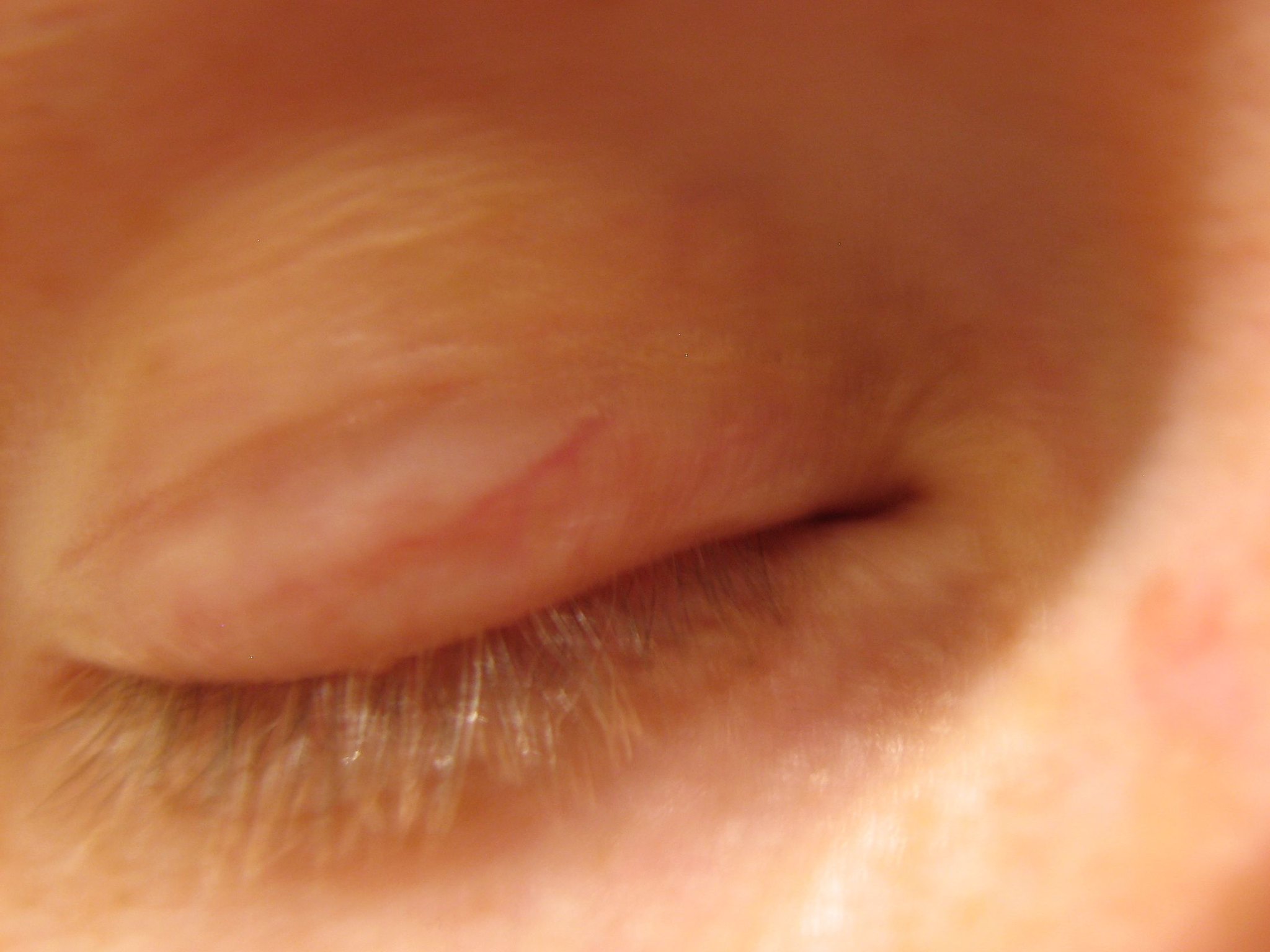
By Abigail Thomas
was a young man I went out with a lifetime ago. Such different days. I had finally left an unhappy marriage and was living with my three kids in my parents’ place in the city, half a block from Washington Square. It was the late sixties, and I was running all kinds of hot. My poor parents were built-in babysitters. I lied about where I was going, what I was doing. I think they were afraid to ask questions.
“Went out with” is perhaps too formal a phrase to describe our meetings, which often took place on the upper bunk of a tired old double decker bed in a crowded apartment somewhere in the East Village. We had met at a big noisy party and exchanged a few words before until somebody else barged in, and I lost track of him. Later, as people began to leave, it was discovered that everyone’s bag had been stolen. We were all upset, bewildered, asking a flurry of questions—Who? Why? How? Nobody knew. And then my bag was returned, dropped off at the front desk of Brentano’s where I worked in the office, keeping a running count of how many copies of which books were sold each day, based on notes from the guys at the register. Everything written on scraps of paper. In those days Brentano’s was on the corner of University Place and 8th Street. Azuma was right next door. Oh, Azuma! Well, missing from my bag was the little bit of money and added to it was somebody else’s bottle of Visine. There was also a short note signed by the young man I’d met at the party, giving me his telephone number which I immediately called.
I forget his name—he changed it every week to stay incognito. He was one of the leaders of a revolutionary group that seemed to consist of two young black men and a lot of adoring white girls, but I might have made it up about the girls. He was kind and gentle and attentive where my former husband had been curt and cold and abusive, and I was crazy about him. I don’t remember what we talked about, and I don’t even really remember the sex, just that we had a lot of it. At some point he disappeared for a while, ostensibly to go to Canada to learn how to make dynamite. It seemed strange; why Canada? I didn’t give a second thought to the dynamite, which never materialized. I was oblivious to what could go badly wrong.
I have been trying to remember his face, why we lost track of each other. His presence has lingered all day. We were so vulnerable. That’s what I remember best. We were both so vulnerable. And so willing. We actually believed in a better world. I remember I had a tiny red address book, and every time he changed his name, I entered the new one, carefully crossing out the one he’d had before. I wish I still had it. I wish could hold in my hand what I can’t put into words.
Oh god, now I am remembering the young man who worked in the stockroom of Brentano’s. I liked him very much. He had been dishonorably discharged from the army, after the helicopter he was in was given word that no prisoners were being taken, and the North Vietnamese soldiers they were carrying were to be thrown off while still in the air. This decent young man went nuts.
We slept together once. I didn’t know I had the clap until he broke it to me gently, because he had it now, and he had slept with no one but his girlfriend for years. I didn’t know where I had gotten it—by then I was sleeping with any man who could fog a mirror, but it wasn’t a toilet seat, which is where my friend told his girlfriend he had gotten it. He wrote down the address of a clinic that had just opened and told me I needed to go. I recall a long walk west, and a room full of sheepish-looking people waiting their turns.
But now dozens of memories are falling like confetti into my consciousness, and my friend Paul has arrived, and we get to waxing nostalgic about the city we loved, in the days when you could live on a shoestring. That city is long gone, a kinder, more tolerant town, or so I am thinking now. Also vanished are most of our old haunts—even The Riviera closed down, for god’s sake. That was the last straw. And although my memory fails me (where exactly was the Ninth Circle?) I’m experiencing a physical rush that my body remembers better than I do, and it’s 1969 again.
If I close my eyes, I’m back in Washington Square, sitting barefoot on the rim of the fountain with all the other ragtag and bobtails. I’ll probably sleep with somebody I meet here today without even knowing his name. We will wind up in the East Village, or Harlem, or somewhere on West 4th Street. Trust defined my youth back then, trust and hunger for what I didn’t know, and sex felt like a nutrient we released for the planet. The times that were a’changing have changed, but for a little while I’m going to ignore what went off the rails and let myself remember what innocence and hope felt like.
•••
ABIGAIL THOMAS has four children, twelve grandchildren, one great grandchild, eight books, two dogs, and a high school education. She is eighty years old and prefers this to any other age for its simplicity.

 Follow
Follow